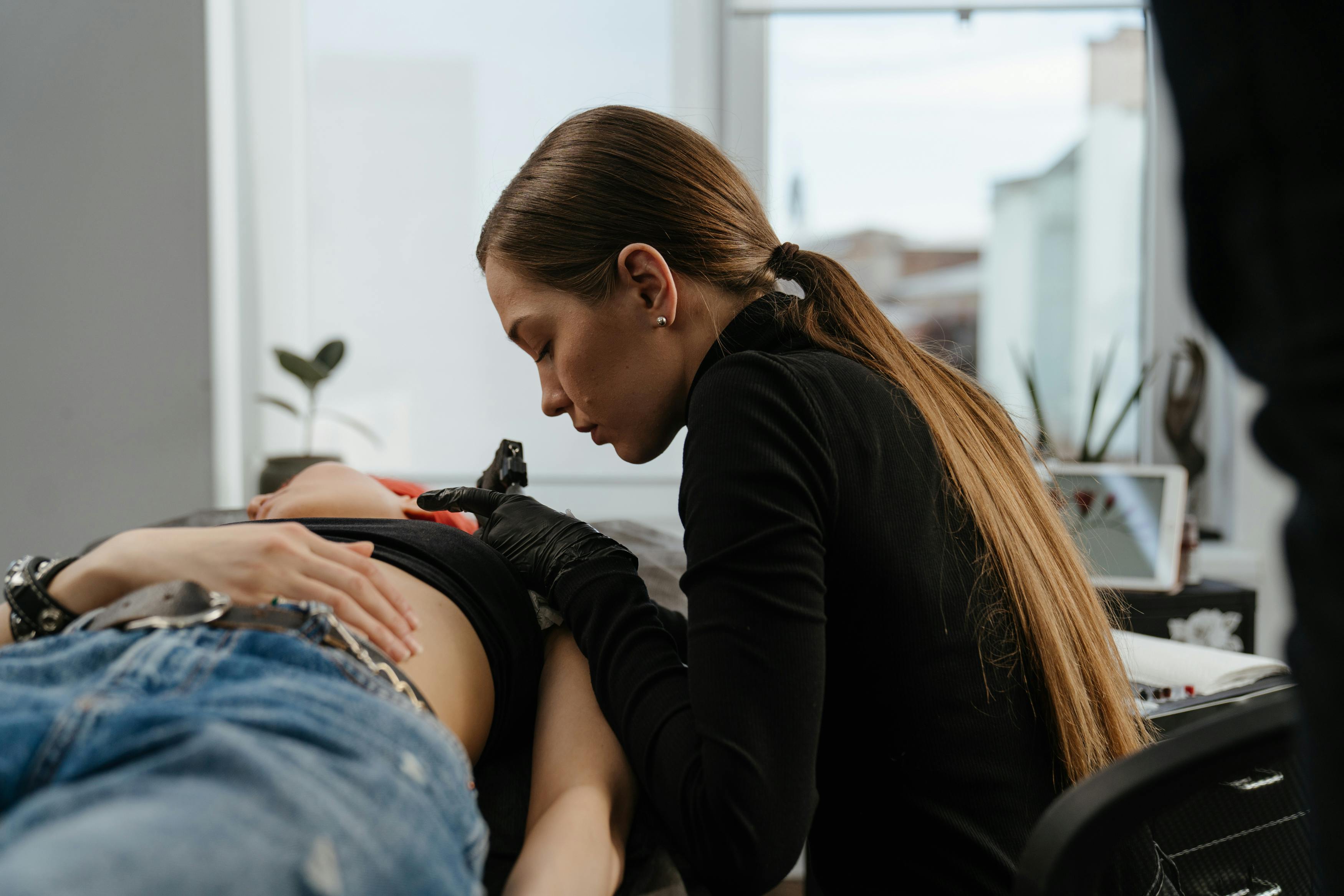The first lesson to learn in self defense is that you are important. The most valuable possession you will ever have is you. No one has the right to hurt, intimidate, or harass you. You have the right to protect yourself and it is worth fighting for. The second most important lesson is to learn to understand that your mind is your most valuable weapon, in self-defense we use our minds to control panic and fear, we use our brains to assess a situation and judge the most appropriate action to take.
We use our brains to make decisions, and making decisions is a big part of self-defense.
Self defense is not just about learning a few techniques; it’s about all the things we do every day to make our lives safer. Much of this is common sense and the rest just makes sense. Some things you just do without thinking about whether it’s wearing a seat belt, crossing the street, or using a knife safely. There was a time when people had to be forced to wear seat belts in the car, today people sit in a car and stretch without thinking.
It shows that when you do something often enough it becomes a habit, after that it becomes second nature.
Body language: looking at the ground, shoulders hunched, putting hands in pockets and making yourself small, carries the message: “I am weak and vulnerable.” Women are easy prey, so having strong body language lowers the risk of being targeted. Make eye contact with people in a way that lets them know you’ve seen them (potential criminals are much less likely to do anything if they think they can be identified). Move your arms when you walk, take up space. Strong body language not only affects how others see you, it also boosts your own confidence.
Compare predators in the streets to predators in the wild, they are not looking for the biggest, boldest and strongest animal to take down, but rather the weak, injured or isolated. Try not to put yourself in a position where you increase your vulnerability. Predators are not looking for a fight but an easy kill and when the target ferociously fights back, the predator often aborts.
Verbal Strategies
Asserting yourself is an important part of taking control of your life. If someone’s behavior makes you feel bad, uncomfortable, or scared, confront the person. Tell them – Name the behavior, Criticize it, tell them what you want them to do: – “You are constantly touching me, I don’t like it, stop” – Repeat if necessary. This is a direct and non-committal way of stating what you want, avoid saying please when stating. If someone is bothering you in a Public Place, make a scene, it will be much more embarrassing for that person than for you. Your voice is also a weapon. Shouting will alert others around you and can scare off an attacker. It can also help channel your fear into aggression: yell “NO” loud and deep from your stomach. Trust your instincts, if something doesn’t seem right then it probably isn’t. Let’s say someone nasty is following you: Trust your instincts and do something, be it confront them, get to safety, call someone, or prepare a weapon.
Get a cell phone, it’s not expensive if it’s just for emergencies, not only can you summon help from anywhere, but you can also use it as a weapon (if you learn how).
We encourage people to use their voice once a physical confrontation has begun. Yelling loudly while punching serves many purposes. First of all, you may be scaring the attacker with a sudden loud scream, you are also drawing attention to yourself so that someone can come to your aid, you may be creating witnesses which may be helpful if you caused physical harm to your attacker in self-defense as it may well come to a situation where it’s just your word against theirs, however, if a passerby happened to hear you yell “Let it go, let it go”, then that suddenly becomes evidence. Yelling also tenses up your abdominal region, so if you get hit at the same time, you’re much less likely to get winded.
